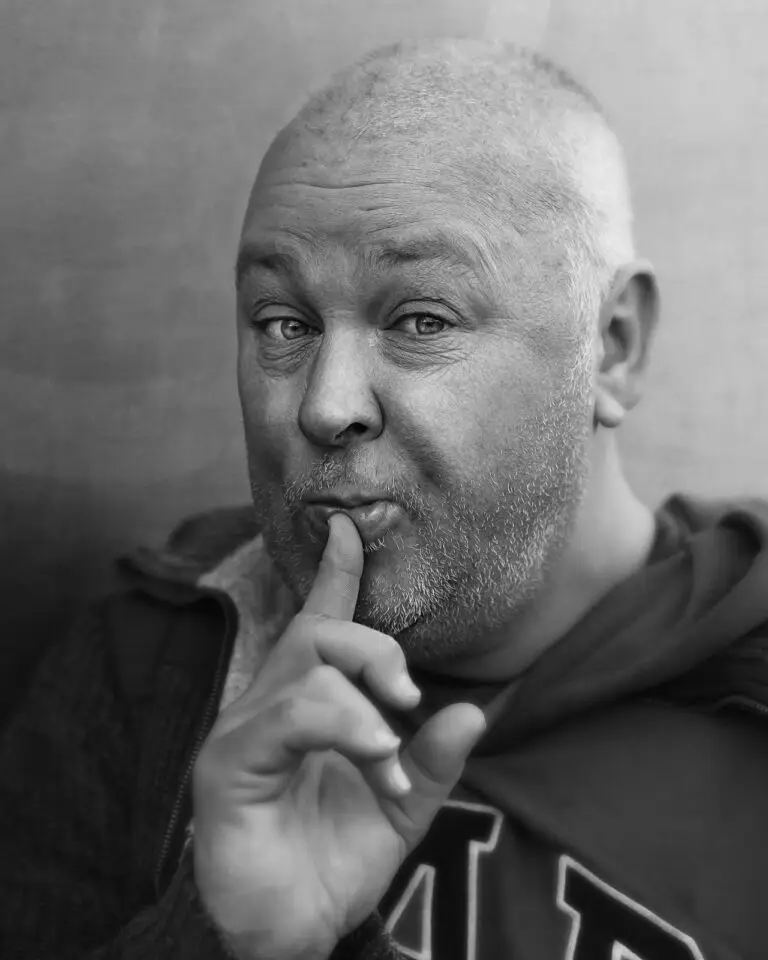I’m 33, turning 34 this year. I’m a recovering addict, now in my fifth year of sobriety. About 15 years ago, I lost my flat in Hatfield and found myself homeless. I decided to move to Great Yarmouth, but that decision only deepened my struggles. In hindsight, I wish I had stayed in Hertfordshire, but despite the regret, I’ve come to see that there’s always a silver lining, even in difficult times. Over the years, I’ve distanced myself from people who weren’t good for me, particularly those still caught up in addiction, to maintain my sobriety.
Losing my mum shortly after lockdown was a tough blow, but it also became a powerful motivator. She never wanted me to be on drugs, and her memory drives me to stay clean. Every day I remain sober, I feel my resolve growing stronger. I’ve come this far, and I believe I can keep going. Having a stable place to live has been crucial—it’s nearly impossible to turn your life around when you’re homeless.
During lockdown, I was staying in a shelter, and the local council worked together with the organisation running the shelter to secure housing for those of us in need. I was one of the last to be housed, but eventually, I got my own flat. It’s on the first floor and even has a balcony. The sun doesn’t hit my side of the building, which can be a bit frustrating, but it also means the flat stays cooler during the summer.
Having my own place has made a world of difference. Without it, I honestly don’t know if I’d still be clean today. The stability of knowing where I’ll sleep each night is invaluable. When you’re homeless, that certainty is missing—you end up sleeping anywhere you can, which only adds to the chaos.
I met someone early on in my journey who was involved with the organisation that provided shelter and support. At first, our relationship was a bit rocky—there was a time when he had to evict me, which was a difficult experience. After being evicted, I missed out on Christmas at the shelter, and then lockdown hit, making things even more challenging. However, I eventually managed to get back into the shelter, and they helped me get back on a prescription that was crucial for my recovery. We all banded together during lockdown, and even after the shelter reopened, I continued to receive support.
Although that person eventually left the organisation, we stayed in touch, and he’s been a significant support in my journey toward recovery.
As I look ahead, I want to come off methadone, but I’m taking it one step at a time. I’ve made it this far, and I know that rushing it could set me back. Recently, I’ve changed my diet to improve my health—methadone had caused severe constipation, so I cut out carbs and sugar, and now I’m only eating animal products. It’s been three months, and I’m feeling stronger. I want my body to be in optimal health when I finally give up methadone, so I’ll be ready for whatever comes next.
I’m also looking to get involved in an allotment project. I deal with anxiety and depression, which is why I’m on universal credit, but I find that being outside helps. One of the few positives of being homeless was the sense of freedom that came with being outdoors, although the extreme weather could be brutal. Now, when I see people sitting outside shops, I make it a point to acknowledge them. They’re human beings with their own struggles, just like anyone else. We all have our problems, but some people have it worse. It makes you wonder—who’s really at fault? Is it us, or is it the system?


